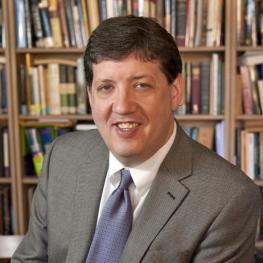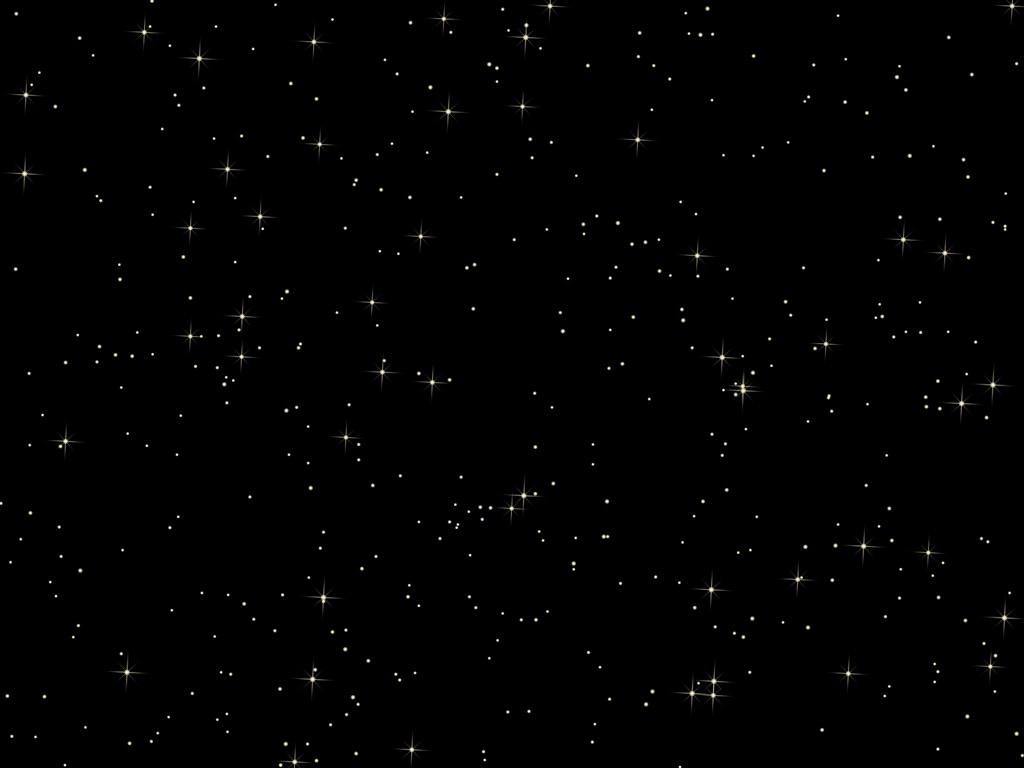Healing in an Age of Limbotopia
Looking for healing and hope within the darkness of the present

In an essay published in 2018—before Covid and the disasters that have followed in the years since—literary scholars Elana Gomel and Vered Karti Shemtov pinpointed a theme in contemporary Israeli literature that they referred to as “limbotopia.” A utopia is a fictional society where people flourish. A dystopia is a society suffering under oppression and injustice. A limbotopia is a fictional world where people are trapped in a state of perpetual hopelessness, incoherence, and lack of closure.[1] Imagining the world as a limbotopia was by no means unique to Israeli literature, but Gomel and Karti Shemtov show how the postmodern theme had taken on a particular meaning within the context of a never-ending Israeli-Palestinian war.
The Katz Center’s fellowship program is getting underway in the next few weeks, and the experience is inherently forward-looking and optimistic. We are welcoming a cohort of leading scholars from different parts of the world for a year that will be devoted to what Jewish studies can reveal about the history and culture of medicine and health, and how Jews conceive and represent the body. As has been true of every previous fellowship year, we expect to experience a sense of progress, advancing understanding, and gaining deeper insight.
And yet this year, as was true last year, the fellowship is unfolding in a larger context that can feel like being stuck in a terrible, heartbreaking reality from which there is no escape. This last weekend, the murder of six of the hostages in Gaza was another excruciating episode in the never-ending limbotopia. As terrible as the situation has been, a lot of expectation was invested in the rescue of the remaining hostages, and in the success of cease-fire negotiations that would bring the fighting and death to at least a temporary halt. This weekend’s events were a terrible blow
I do not know how to reconcile the current state of the world with the optimism and hopefulness that underlies curiosity and scholarship. In this moment, the Katz Center and I share in the grief for the lives that have been lost these last few days, and during this last terrible year, and there is no clear way to escape any of that. But our fellowship this year will be focusing its attention on healing—on people taking care of each other—and that feels like the right focus in this period where it is so difficult to see hope beyond the darkness of the present.
The best known of the hostages murdered last week was Hersh Goldberg-Polin who by all accounts was a person animated by deep curiosity, having explored as much of the world as he could in his short life. He was also a healer, a paramedic, and he did everything possible to save himself, including tying a tourniquet around his own arm. The way he lived his life is an example to those of us looking for a way forward beyond—or at least within—the endlessness of our era’s limbotopia.
[1] Elana Gomel and Vered Karti Shemtov, “Limbotopia: the ‘New Present’ and the Literary Imagination,” Comparative Literature 70 (2018): 60–71.


